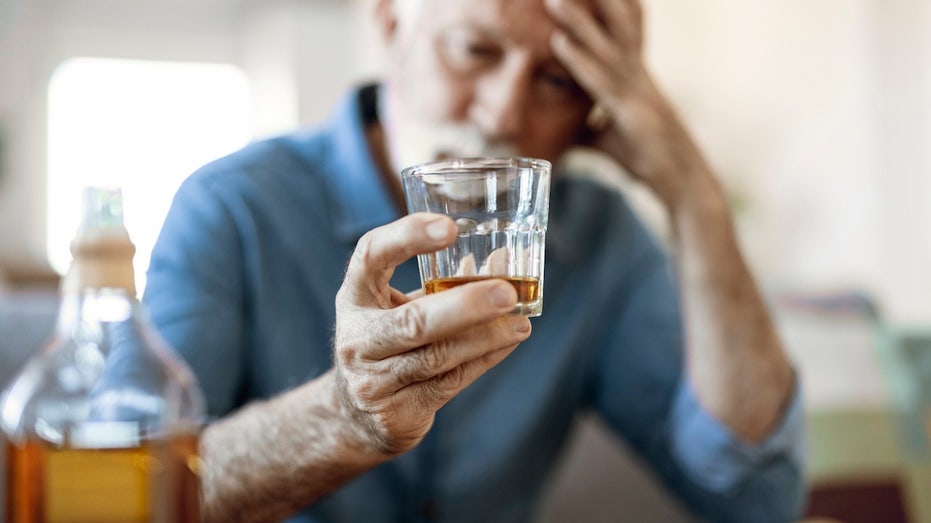Drinking Alcohol Can Lead to Other Substance Use, Addiction Experts Warn

Sarah Johnson
March 3, 2025
Brief
Experts warn alcohol is the leading gateway drug, increasing risks for addiction and drug experimentation, especially among youth. Early exposure may prime the brain for stronger drug reactions.
A vast majority of Americans have consumed alcohol at some point in their lives, but experts warn it could act as a dangerous "gateway drug" to more harmful substances. According to the 2023 National Survey on Drug Use and Health (NSDUH), over 84% of U.S. adults report drinking alcohol in their lifetime. Alarmingly, more than 21% of underage Americans (ages 12-17) have also admitted to consuming alcohol.
Dr. Kenneth Spielvogel, a senior medical officer at Carrara Treatment in California, explained that a "gateway drug" introduces individuals to other, potentially more dangerous substances. While marijuana is often labeled as the classic example, Spielvogel emphasized that alcohol reigns supreme in this category. "Alcohol is the king of gateway drugs," he stated, noting its ability to impair judgment and influence riskier behaviors. He added that he has personally witnessed cases where hungover individuals turn to stimulants like meth or cocaine for a quick "pick-me-up." Chilling, right?
Chris Tuell, an addiction specialist from Ohio’s Lindner Center, pointed out that alcohol is often the first substance young people try, making them more susceptible to experimenting with other drugs later. While most people can consume alcohol without significant issues, Tuell warned that for others, it can derail lives completely. Alcohol’s ability to alter brain chemistry and impair decision-making only heightens the risk of addiction and experimentation.
Jeremy Klemanski, CEO of Gateway Foundation in Chicago, echoed these concerns. He shared that many patients report their first exposure to drugs occurred while drinking alcohol. "Once someone uses one mind-altering substance, their thinking skills are impaired, making it easier to justify trying other substances," Klemanski explained.
Dr. David Campbell, program director at Recover Together Bend in Oregon, shed light on the neurological factors. Alcohol affects neurotransmitters in the brain’s reward pathways, the same ones targeted by other addictive substances. Early exposure to alcohol could even "prime the brain" for stronger reactions to other drugs, increasing the risks of addiction.
Experts are quick to note, however, that correlation does not imply causation. Tuell stressed that just because individuals who use harder drugs often start with alcohol doesn’t necessarily mean alcohol caused their drug use. Campbell added that broader factors—like social environment, stress, mental health, and genetics—must also be considered when examining substance abuse.
Dr. Spielvogel identified warning signs of alcohol dependency, including failed attempts to cut back, annoyance when questioned about drinking, and feeling guilty about alcohol consumption. People who drink in the morning may also be at increased risk. He cautioned against quitting "cold turkey," as sudden alcohol withdrawal can be life-threatening. "Seek professional help for detox and recovery," he urged. "Do not do this on your own."
Alcohol’s status as a common and socially accepted substance often downplays its risks, but the experts’ insights serve as a sobering reminder. If you or someone you know is struggling, it’s time to get help—before one drink leads down a much darker path.
Topics
Editor's Comments
Alcohol being crowned the 'king' of gateway drugs is a stark reminder of how something so socially normalized can have such far-reaching consequences. The fact that it primes the brain for other addictions is just chilling. Makes you wonder if our societal glamorization of drinking deserves a serious reevaluation.
Like this article? Share it with your friends!
If you find this article interesting, feel free to share it with your friends!
Thank you for your support! Sharing is the greatest encouragement for us.



